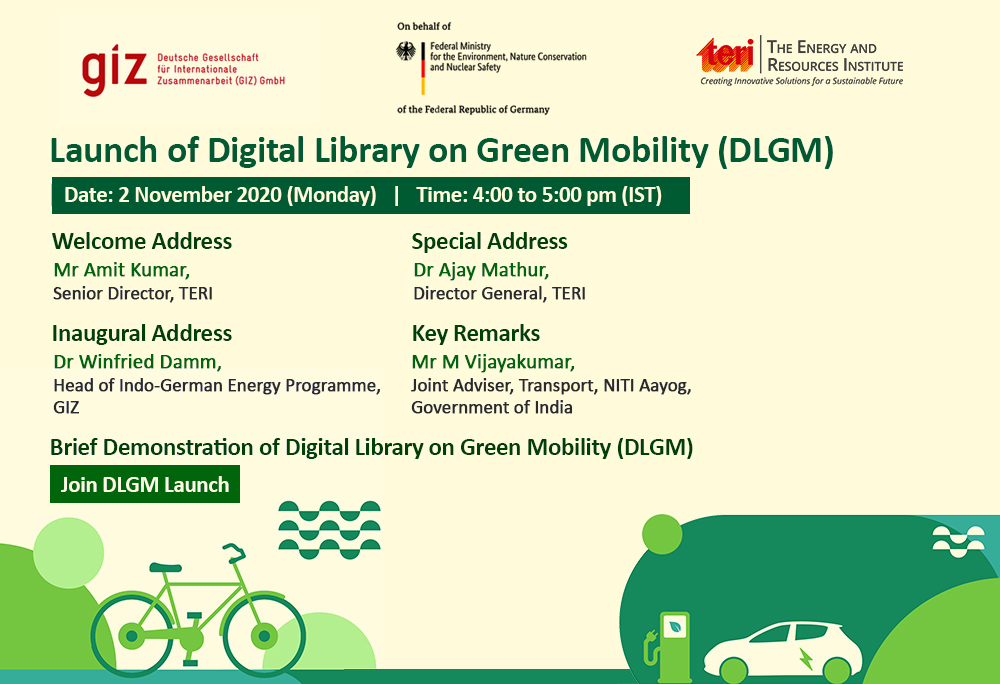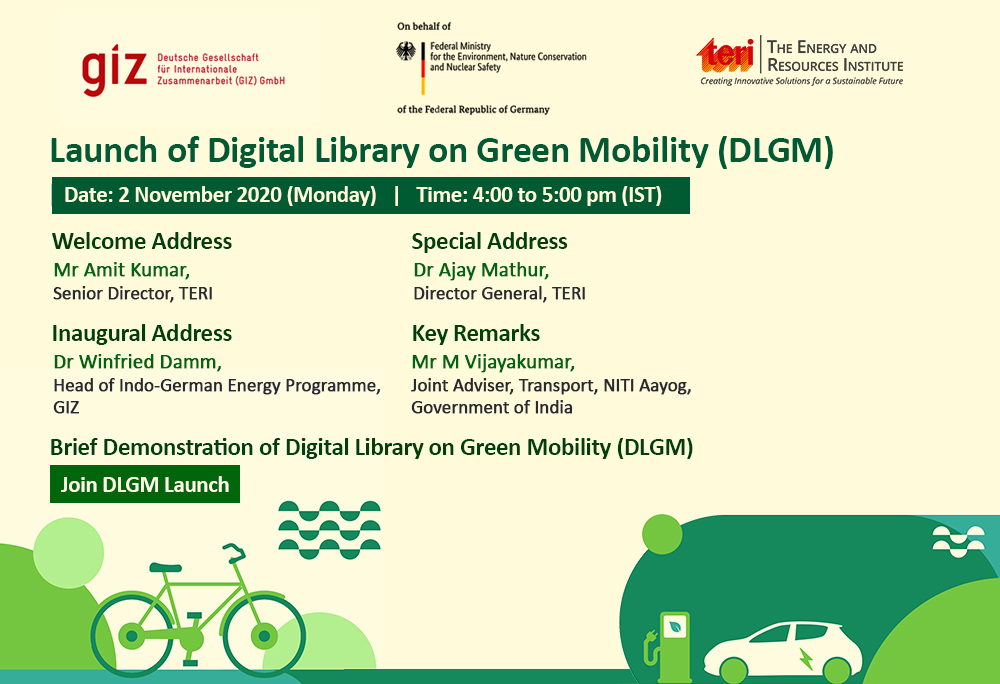
Optimal scheduling of plug in hybrid electric vehicles with distributed generations for different vehicle trip models
Publication Year: 2018
Author(s): Suganya S
Abstract:
| Now-a-days, conventional vehicles using petroleum is the only source of energy representing a majority of the existing vehicles. With the shortage of petroleum, moving towards other fuels also causes challenge in cost aspects. Moreover, as the conventional vehicles emit the green house gas, it makes it harder to satisfy the environmental regulations. Since the early 1900s, the rudimental model of modern transportation has changed the world. In 1998, the usage of petroleum in transportation sector increases than the other industries. Moreover, assuming some countries will be developed in the forthcoming decades, the overall vehicle population is expected to increase tremendously in the next 15-20 years, which will be five to six times higher than the current situation. The EV technology is not a recent innovation. In fact, the EVs are built during the 19th century after the development of lead-acid batteries. In 1900, 28% of the American automobile fleet was composed of EVs. Over the last 10 years, the interest on low-carbon vehicle technologies has surged among both the government and automotive manufacturers across the world. Bio-fuel vehicles are trusted first and more recently, great hope is on Electric Vehicles (EVs) and Plug-in Hybrid Electric Vehicles (PHEV) as a key technology to enhance the energy security and nurture new other industries into the automotive sector. |
Country: India
Rights: Anna University
URL:
https://shodhganga.inflibnet.ac.in/handle/10603/262131
Theme: Vehicle Technology | Subtheme: Electric vehicles
Related Documents
Opinions/Videos

Launch of Digital Library on Green Mobility (DLGM) - Special address
Published Year: 2020
Abstract:
The Energy and Resources Institute (TERI) has developed the Digital Library on Green Mobility... Read More
Opinions/Videos

Launch of Digital Library on Green Mobility (DLGM): Key remarks
Published Year: 2020
Abstract:
The Energy and Resources Institute (Read More
Reports
India EV Story
Published Year: 2018
Abstract:
India has a vision of 100% electric vehicles by 2030, while around 40-45% EV conversion by 203... Read More



